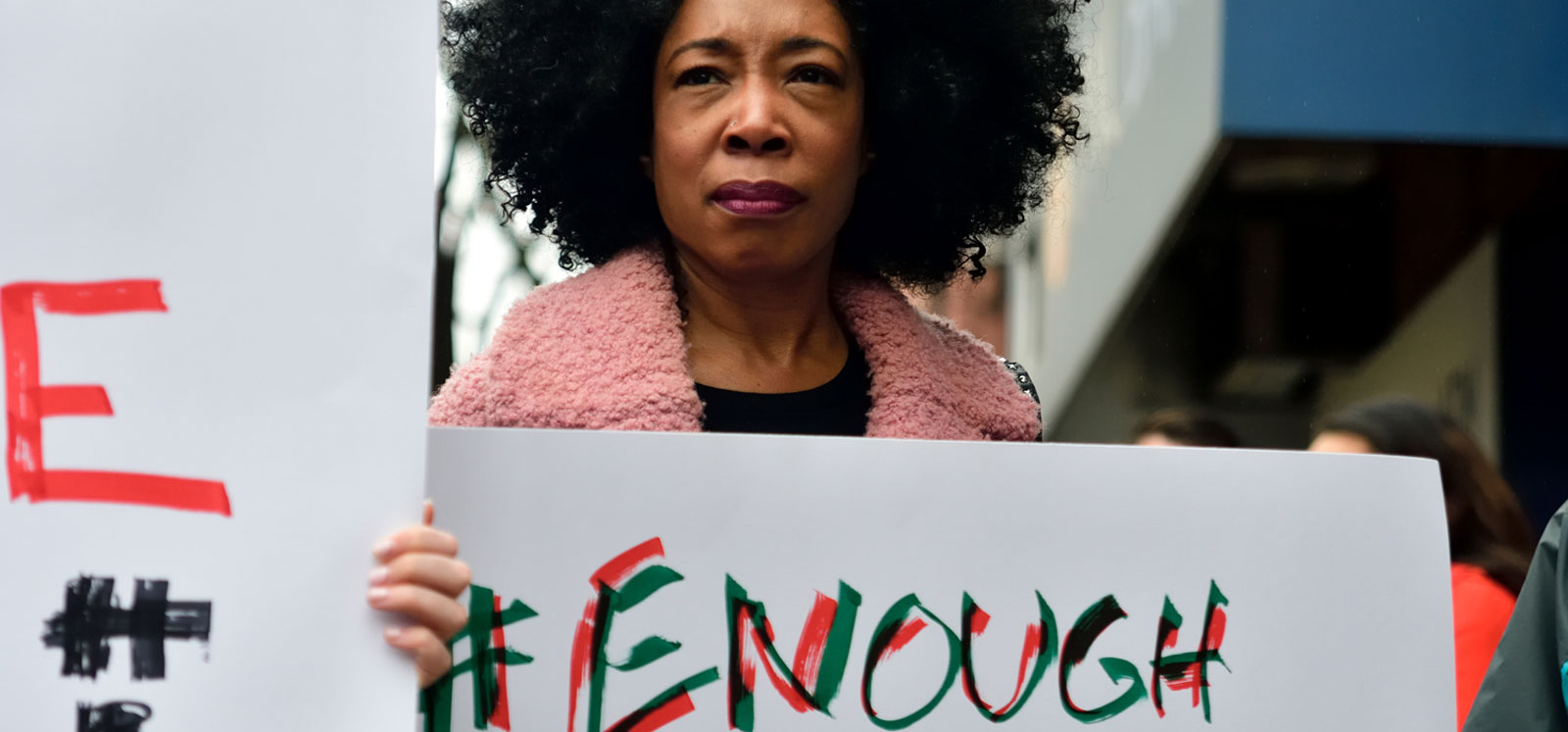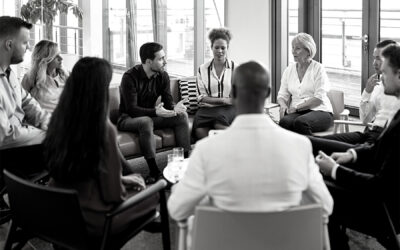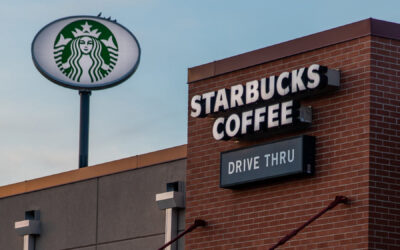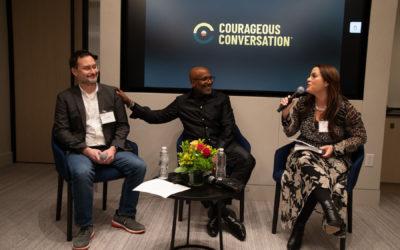By Robert Abare—June 7, 2018
Recent instances of people calling the police against black people for going about their daily lives have involved a former Obama White House official moving into his home and a graduate student at Yale University napping in a common room.
Darren Martin, the White House staffer, and other people affected have asked for congressional hearings on the profiling they’ve received for simply #LivingWhileBlack. In the following conversation, Urban Institute associate Steven Brown discusses the impacts and causes of racial profiling.
What are the root causes of racial profiling?
Racial profiling is yet another layer of the widespread problem of discrimination against people of color in America, specifically regarding policing. This unfair treatment has also taken the form of more aggressive physical responses from police or more severe prison sentences.
Racial profiling also stems from (and perpetuates) the perception that black or brown folks are criminal and should be treated as such.
Underlying the issue of racial profiling is the continuing impact of segregation on the American economy and society. Not only are neighborhoods often segregated by race and income level, but people’s friendships and social circles are also segregated. This divide prohibits people from interacting with others who may look, dress, and think differently than themselves, which may make someone more likely to call out what may be perceived as “unusual” behavior, even though it is often people engaging in routine daily-life activities.
What are the implications of racial profiling?
While instances of racial profiling may be unsurprising to black and brown Americans, I think these high-profile cases are helping many Americans understand how people of color can be perceived differently in different spaces. This issue affects people of color no matter their level of income or education or where they live and often involves people who may not have had these types of interactions with the police, if not for their physical appearance.
On the other hand, these cases also send a strong signal that people who call the police against law-abiding people of color don’t see real consequences for their behavior. As far as I can tell, people who call the police in these circumstances rarely receive any real reprimand.
What can we do about this problem?
The policy solutions for this issue are hard to figure out. I think the solutions will look different in the public and private sector, and in many cases, the private sector has the potential to lead the way on this issue.
Read more at Urban Wire.




